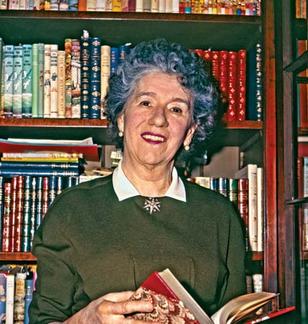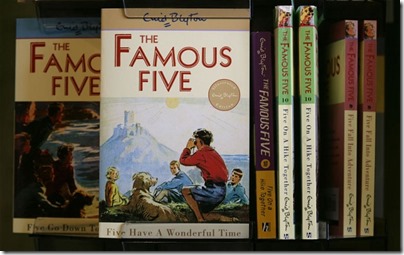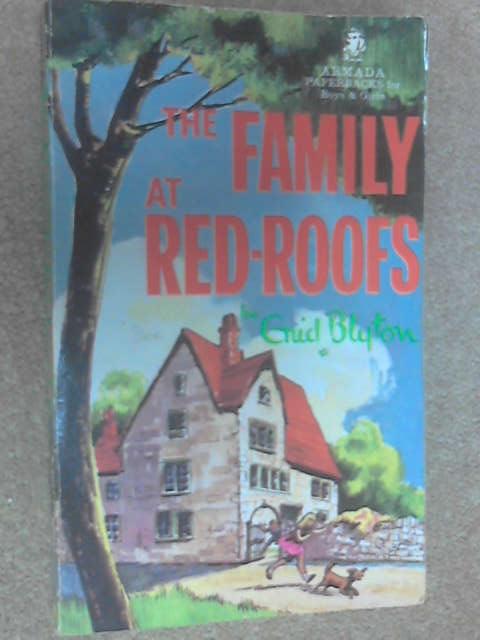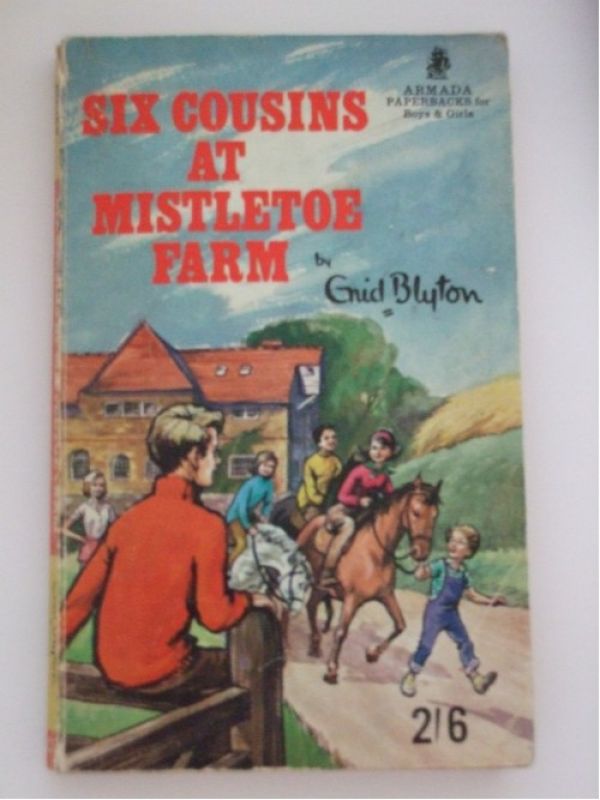Almost everybody who loves reading devoured Enid Blyton’s books at some point. For many of us, it’s a matter of nostalgia. We think of Enid Blyton and we’re taken on imaginary adventures, with lashings of ginger beer, lots of hard-boiled eggs, all kinds of delicious farm fresh food, and of course, lots of streams and beaches to splash in.

Living Through Experiences
As you grow up, though, that idyllic relationship changes. I still love The Enchanted Wood series because the idea of a magical land at the top of a tree is so wonderful. But the extremely natural and matter-of-fact way in which corporal punishment – think Dame Slap – is portrayed becomes sinister now when you read the newspapers and find reports of students being seriously beaten up by people who are supposed to protect them.
When you read all about the adventures of the Famous Five, or the Five Find-Outers, you thought of yourself as one of the Five, whichever Five you pick. But read it again now and you realise that you would’ve been much more likely to be cast as one of those untrustworthy foreigners who end up being villains with no conscience. We identified with the blonde and blue-eyed characters without realising that they would never have seen us as one of them.

Sexism As A Genre
Then, of course, there’s the sexism. Who hasn’t read the Famous Five and wanted to punch Julian solidly in the face? Dick wasn’t quite so bad, but really, that was only because his foil was Julian. As for the Find-Outers – well, Fatty, now that you read it again, was a bit of a smug and pompous idiot, but Larry and Pip were real jerks. There are some lines protective big brothers shouldn’t cross when they tease their sisters, and making them feel like they’re not good enough crosses those lines.
The most irritating piece of sexism I ever came across was in a lesser known Enid Blyton book named ‘The Family at Red Roofs’. When the mother of the family has a nervous breakdown, and the father is missing, presumed dead, the oldest boy, who is actually Molly’s younger brother Peter, has a self-important realisation. He was the head of the family. Molly might be the oldest, but she was a girl – ‘just a girl’. Yes, I put that in quotes because I have never forgotten those words.

Image Source
Mistletoe Farm Series
Another less obvious but possibly worse instance was in one of the Mistletoe Farm series. In the first book, the children’s cousins, who have grown up in the city, come to stay with them at the farm. There are problems, of course, but in the end, everything turns out fine, as they must. In the second series, the cousins’ father decide to buy a more modern farm close to Mistletoe Farm, and their mother, Rose, who was also a city girl, is castigated for not turning into a good farm wife. She is looked down on because she finds herself unhappy with farm life, too. Her redemption is when she sets all of her personal feelings aside and becomes the perfect farm wife and mother.

Different Books Different Genres – Enid Blyton
This doesn’t even touch on all the issues of elitism, classicism and racism that are so bad that her books have now been edited. There are the names, too, of course – Dick and Fanny gave us a lot of laughs once we became a bit more worldly wise. When most of Blyton’s books were written, Britain was shifting to embrace a more liberal school of thought where such stereotypical depictions of people and lazy racism were no longer acceptable. But Blyton’s works never reflected that change.
But the one thing I always wondered, apart from the notable lack of libido in teenagers, was this: Where did they all go to the bathroom when they were off camping all the time? There was no mention, anywhere, of anybody ever having to use the loo. I always found that the oddest of it all.
Comments
Powered by Facebook Comments

